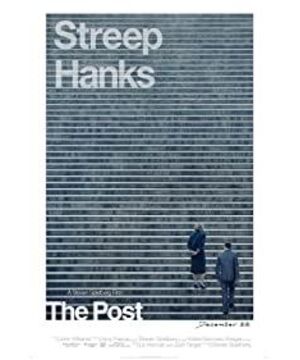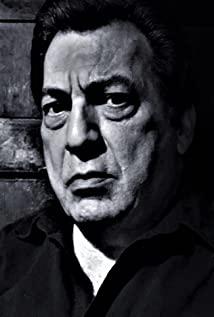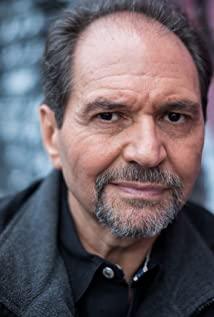Of course, the main point of the film is to praise and praise the struggle for press freedom in the United States, but seeing this question, I would like to talk about my views on the role of Aunt May.
The film basically restores reality, Catherine was a housewife at home from 1948 to 1963, until her husband died and came out to receive the post. The film recounts this passage.
But what the film does not explain is that Katherine worked as a reporter for the San Francisco News after graduating from college, and later became an editor at the Post. So, she has an acuity and a feeling for the freedom of the press and the press.
In the 1960s in the United States, it was the second wave of the feminist movement in the United States, which demanded to emphasize the naturalness of the dividends between the sexes and ignore the differences between the sexes. In the film, we can see what people thought at that time. Not only are men unacceptable to her leadership, but women are also euphemistically expressing sympathy and incomprehension for her.
Katherine has a son, but it's interesting that the film assigns her daughter to be the strength and support of the family. Women can give strength to other women, become a driving force, and women-only families are strong and progressive.
Until she appeared in court, the court ruled, and out of court, the male reporters all went to interview the men of the New York Times. In the camera, Aunt May's expression was a little low and restrained, and then the camera slipped, and many women were quietly waiting for Katherine, encouraging and Praise look. This shot is very interesting, it forms a very sharp contrast, and it also portrays the status of women in the 1960s and the awakening of women very emotionally.
I think the film does not discuss the current feminist movement, but shows the situation of women at that time to highlight the difficult decision of the role of Catherine, and the final court scene is to set off this atmosphere.
View more about The Post reviews











